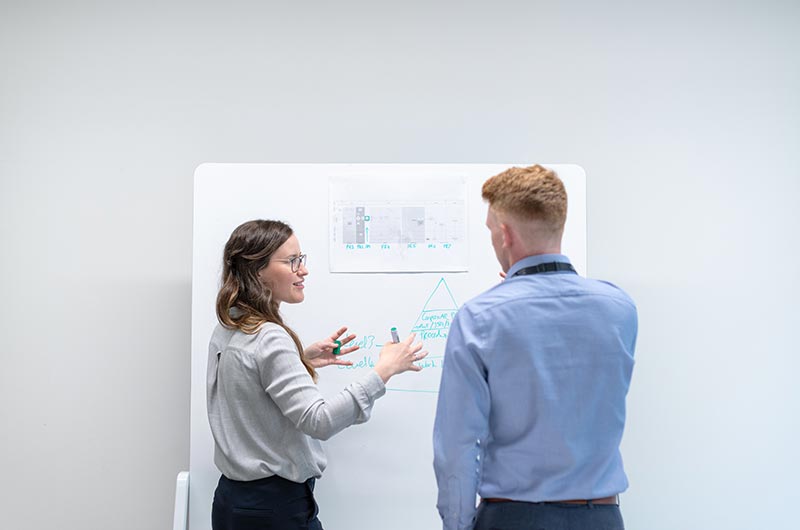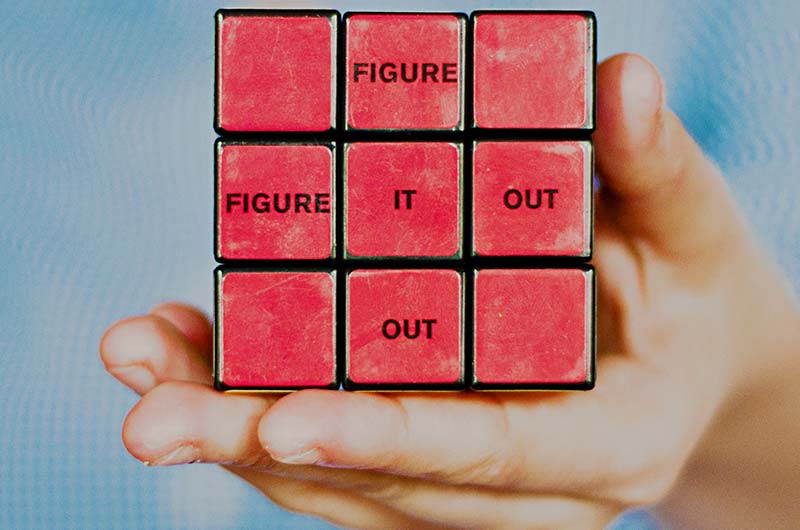





| Course Information | Instructor Information |
|---|---|
| EDEP 5114: Learning and Cognition | Peter Doolittle |
| 1750 Kraft Drive (Rm 2013) | 1750 Kraft Drive (Rm 2039) |
| Tuesdays, 7:00 pm - 9:50 pm | pdoo@vt.edu |
| Download the Syllabus | |






Students will understand theories of learning and their application.
Outcome 1: Students will be able to explain theories of learning.
Outcome 2: Students will be able to apply theories of learning to everyday life, formal and informal education, and information, productivity, and social technologies.
Students will understand the interrelationship between learning, memory, and cognition.
Outcome 3: Students will be able to explain the role that memory plays in learning and cognition.
Outcome 4: Students will be able to apply principles of memory to everyday life, formal and informal education, and information, productivity, and social technologies.
Students will understand human agency from the perspective of learning, memory, and cognition.
Outcome 5: Students will be to explain human agency through self-efficacy, self-regulation, and self-motivation.
Outcome 6: Students will be to apply principles of agency to everyday life, formal and informal education, and information, productivity, and social technologies.

The course, in pursuit of its three primary questions, is structured in several parts: